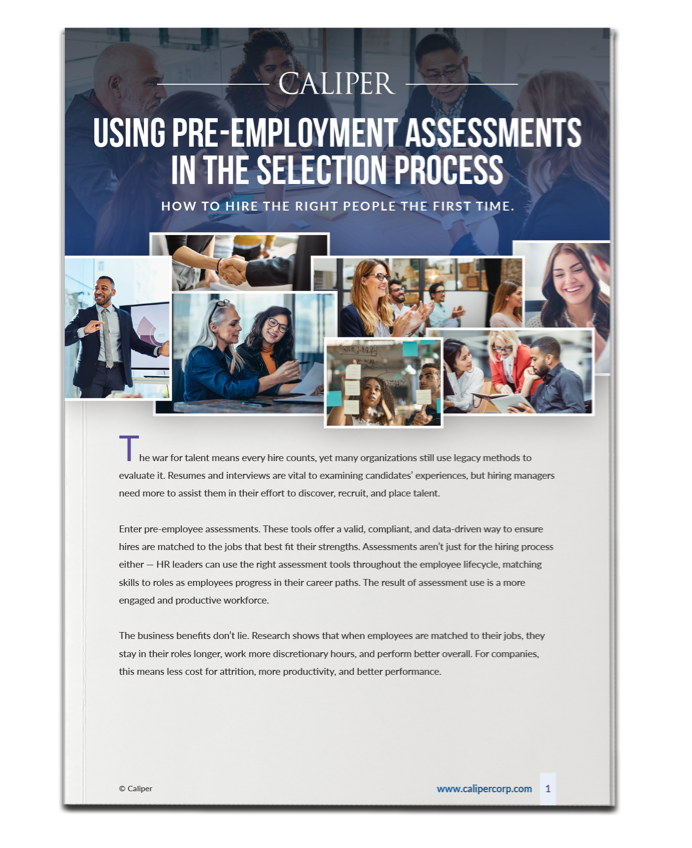On Friday, archaeologists in Britain announced an “unprecedented” discovery, unearthing a nearly 3,000-year-old wheel (most definitely not pictured above). Dating back to between 1,100 and 800 B.C., the wheel, experts said, points to the “complex and sophisticated life” of those hailing from the Bronze Age.
In modern society, we may associate bronze with third-place Olympic finishes, but research shows our Bronze Age ancestors had first-rate ideas and even a modern sensibility. Civilization grew immensely after the Stone Age; metalworking, nascent proto-writing (think graphic symbols and markings representing ideas), early farming, pottery and clothes making, and even trade started to flourish during this period.
Still, experts in England said certain elements of the recent discovery puzzle them. Namely, the wheel was found in the middle of a river channel next to the skeletal remains of a farm animal, not on dry land as expected.
Archaeologist Chris Wakefield told the BBC, “This site is giving us lots of answers, but at the same time, it’s throwing up questions we never thought we’d have to consider.”
The public’s fascination with stories such as this is partly due to the subject matter and the insights into our forefathers, but also because we can relate to the idea of grappling with difficult questions and having reality stand in stark contrast to the answers our assumptions pointed to. It gives us pause and makes us reconsider if we had been asleep at the, ahem, wheel the whole time.
Businesses frequently believe they have a firm grasp on the positions for which they hire. However, until they perform the types of high-level job analyses Caliper offers, their perception of who would be a good fit is colored by personal biases and perception. Yes, perception.
As with archaeology or anthropology, science is at the forefront of Caliper’s Competency Library. Just instead of fossils, Caliper studies personality dynamics, with the added benefit of dealing with the living.
Think of competencies as the DNA of jobs, reflecting their functions and responsibilities. After conducting meta-analyses on 12 years of data and assessing trends across the workplace landscape, Caliper has amassed 49 validated competencies in its library. Businesses can now use the power of the data that informs these models to make their own self-discoveries, leading to more effective hiring and development decisions.
Sometimes, though, through analyses and looking at validated job models, questions will arise, but that’s the point. Companies will be forced to reconsider what they thought they knew and will ask themselves: “What am I truly looking for?”
For businesses looking to develop their existing talent, competencies and personality dynamics play a role as well. Armed with data-rich analytics, an employer might be pleasantly surprised at how advanced her team is and, thus, decide to challenge future leaders. Undeniably, a competency-based approach leads to new discoveries, self-awareness, and possibly rethinking our priorities.
While this blog may have come full circle, please don’t accuse us of reinventing the wheel.

